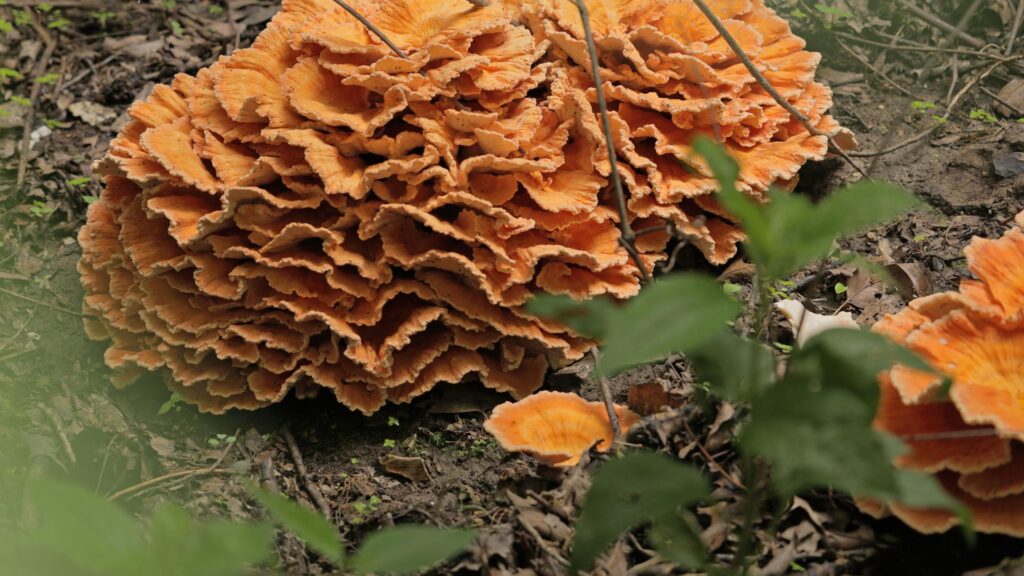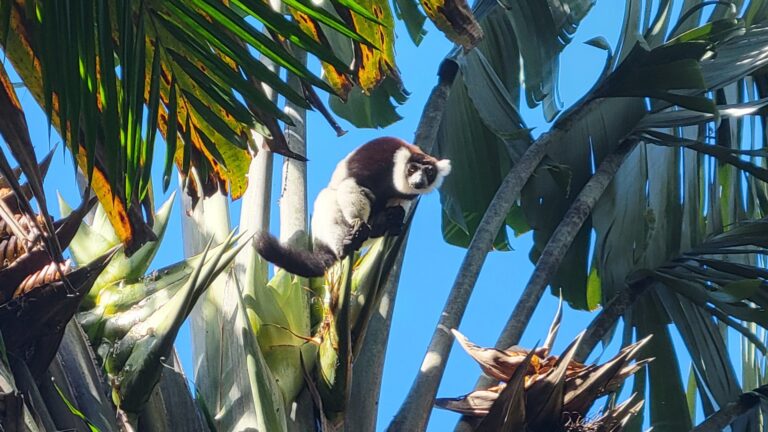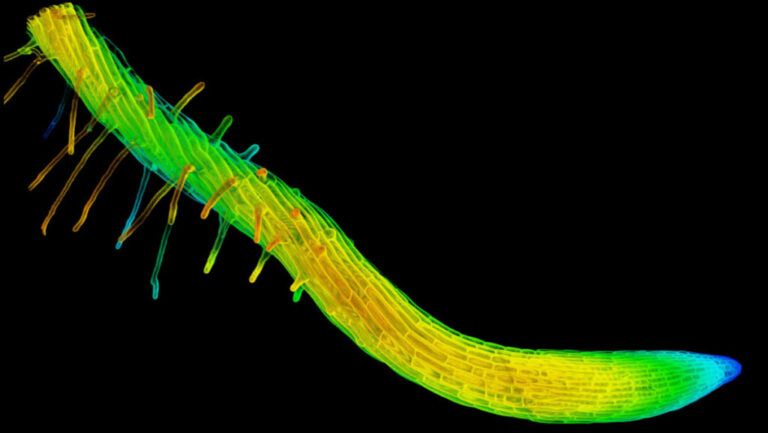Exploring and preserving the complexity of the biological world —
Biodiversity is the variety and variability of all living organisms on earth, from the smallest genes to organisms to ecosystems. It refers to the variation of life at different organizational levels, from individual genes to whole ecosystems. Biodiversity research supported by the Center for the Environment enlightens our understanding of the origin, composition, function, and evolution of the biological world. The Center enables research that investigates the interactions between natural and human systems, the effects of climate change on biodiversity, and what can be done to ameliorate the negative consequences of this change on people and the environment.
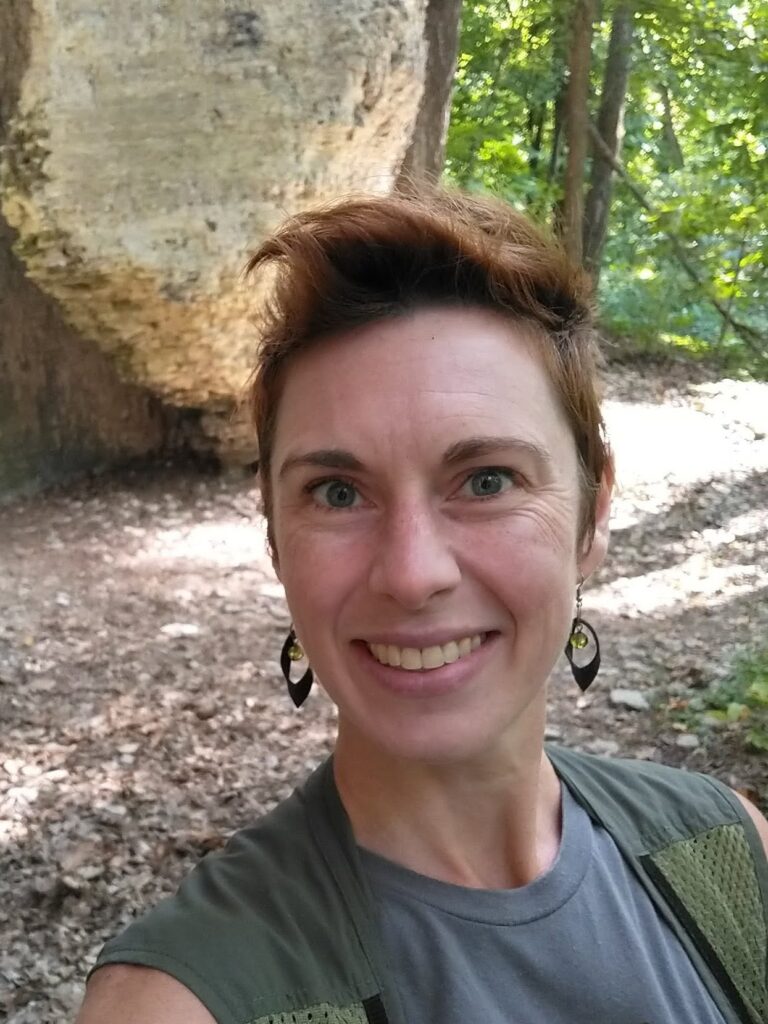
Froggi VanRiper, PhD
Lecturer in Environmental Studies
Co-Director of the Sustainability Exchange
VanRiper’s research explores sustainability challenges in sanitation. They co-teach “Community-Based Conservation,” a course in which students create community-based research projects that can be implemented during a three-week field experience in Madagasgar.
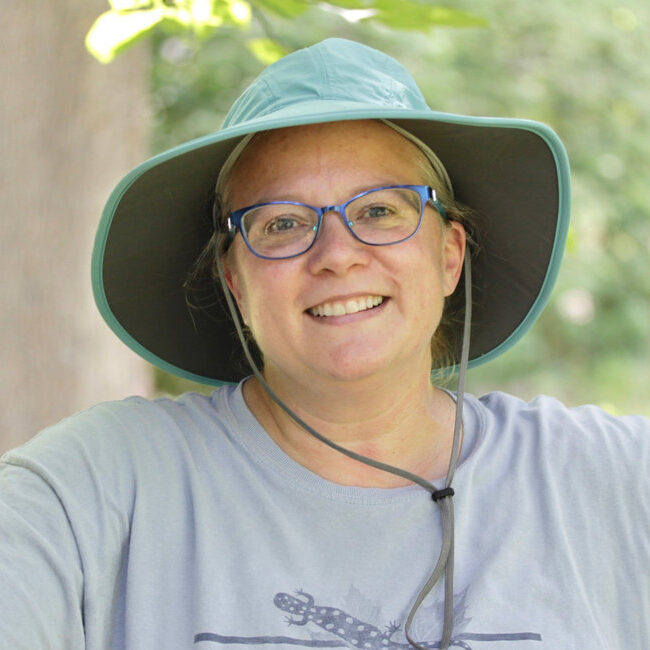
Kim Medley
Director, Tyson Research Center
Medley studies the ecology and evolution of human and wildlife disease vectors. Her new study found that dragonflies with dark wing markings have a lower risk of extinction.
Biodiversity scholars
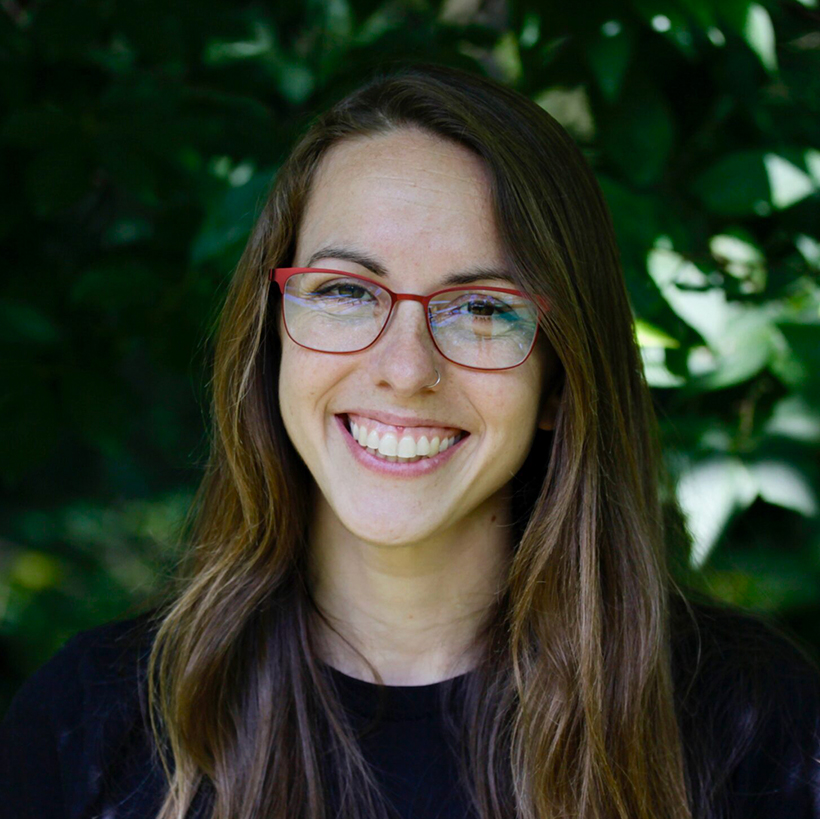
Solny Adalsteinsson
Principal Investigator & Senior Scientist, Tyson Research Center
Disease Ecology, Urban Wildlife, Population Monitoring, Conservation
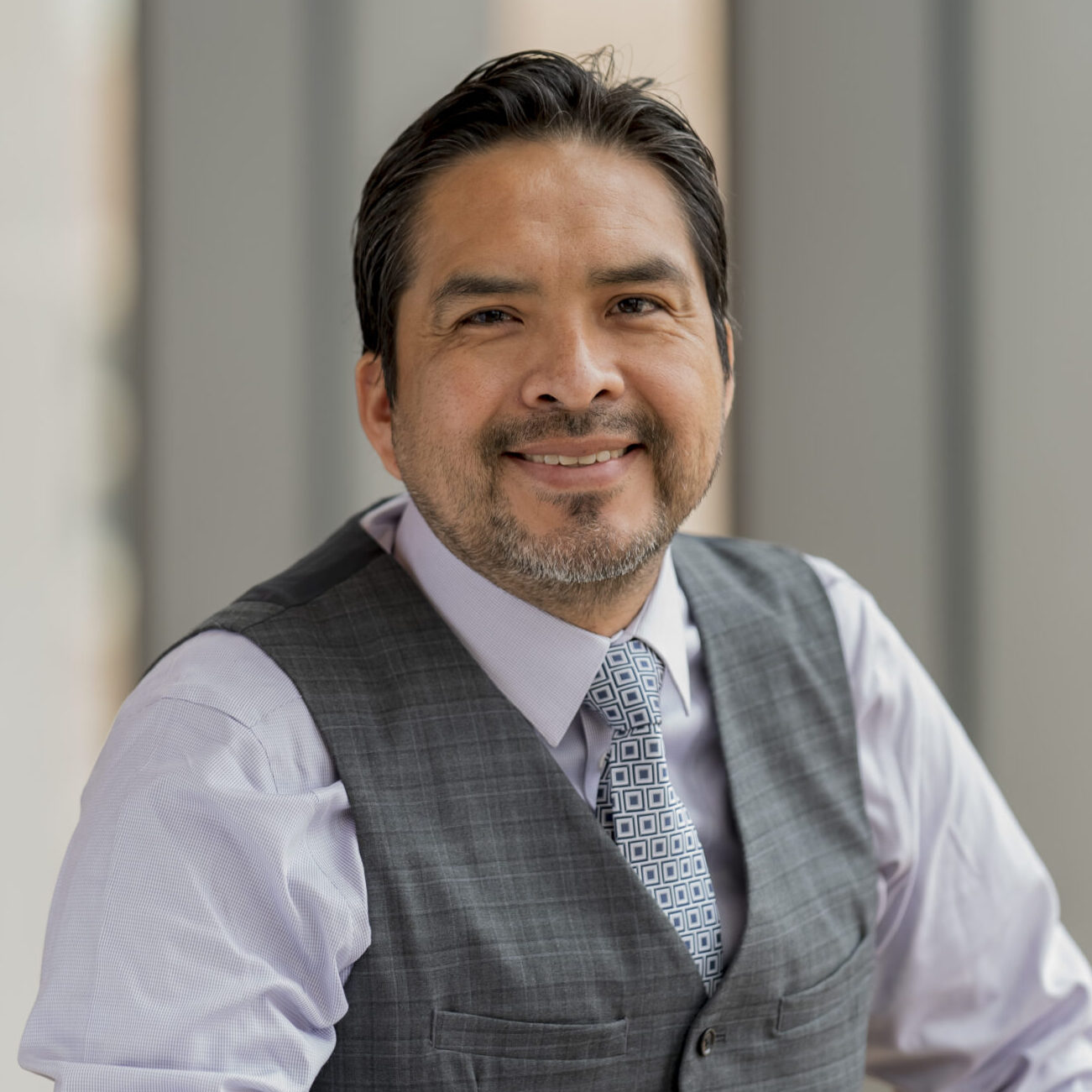
Manasseh Begay
Lecturer of Social Work; Research Manager, Buder Center
Food Sustainability, Indigenous Practice, Environmental Health
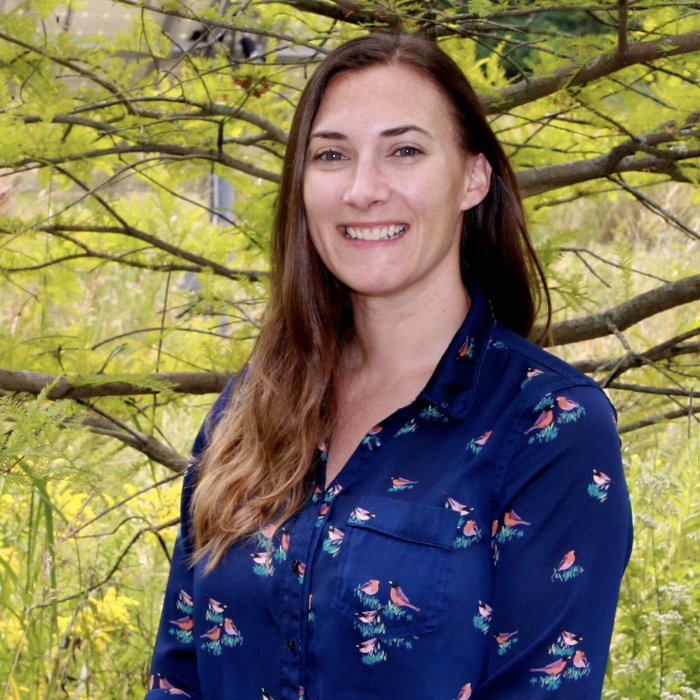
Elizabeth Biro
Natural Resources Coordinator and Staff Scientist, Tyson Research Center
Biodiversity Monitoring, Urban Ecology, Ecological Restoration, Disease Ecology, Wildlife Ecology
